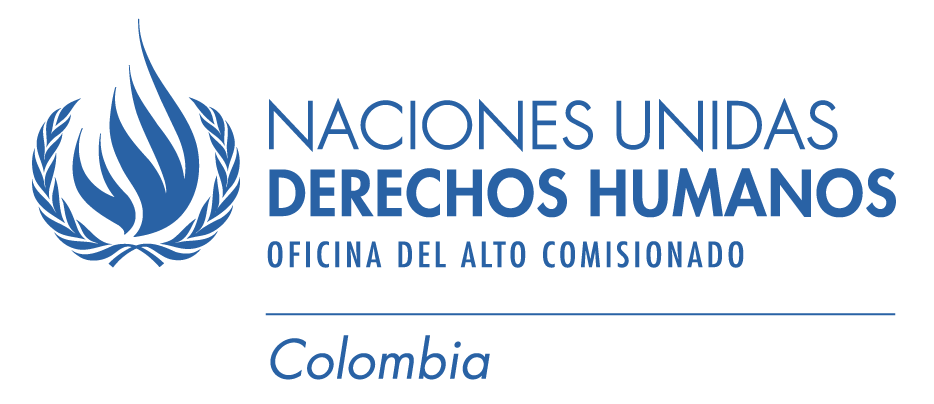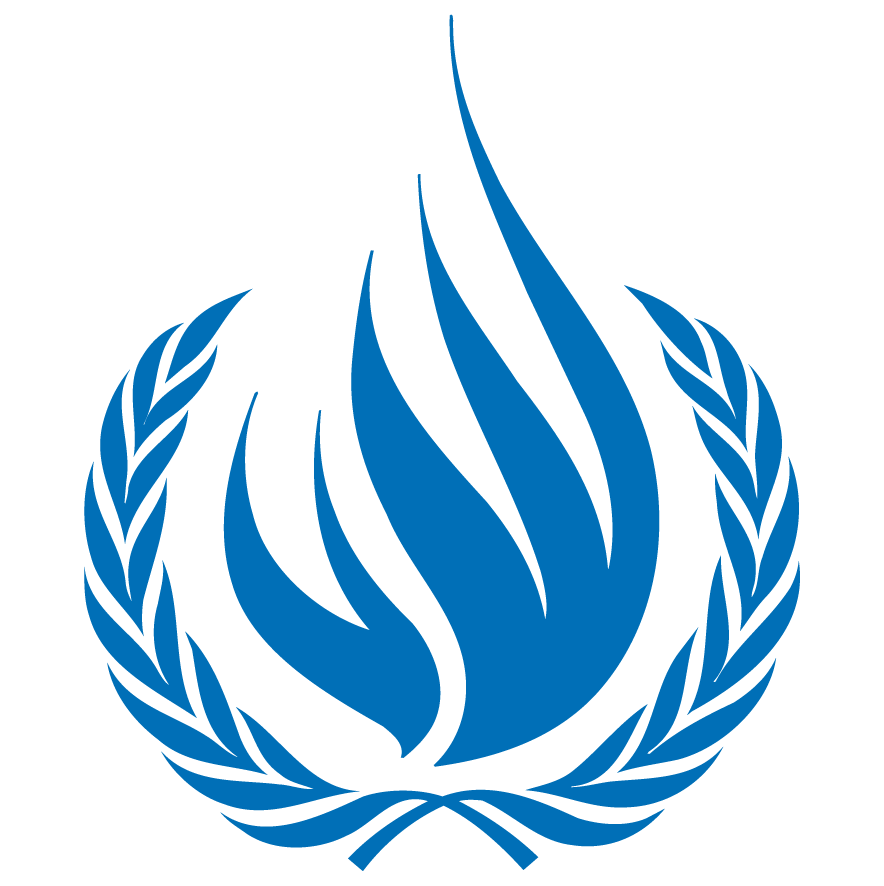Distr.GENERAL E/CN.4/Sub.2/1994/SR.17 19 August 1994 Original: ENGLISH
COMMISSION ON HUMAN RIGHTS
SUB-COMMISSION ON PREVENTION OF DISCRIMINATION AND PROTECTION OF MINORITIES
Forty-sixth session
SUMMARY RECORD OF THE 17th MEETING
Held at the Palais des Nations, Geneva, on Friday, 12 August 1994, at 3 p.m.
Chairman: Mrs. ATTAH
CONTENTS
Question of the violation of human rights and fundamental freedoms, including policies of racial discrimination and segregation and of apartheid, in all countries, with particular reference to colonial and other dependent countries and territories: report of the Sub-Commission under Commission on Human Rights resolution 8 (XXIII) (continued)
Elimination of racial discrimination:
(a) Measures to combat racism and racial discrimination and the role of the Sub-Commission
(b) Monitoring the transition to democracy in South Africa (continued)
GE.94-13610 (E)
(…)
34. Ms. BATZIBAL TUJAL (International Indian Treaty Council) said that many of the States which had ratified the International Covenants on Human Rights and the human rights conventions continued nevertheless to violate human rights and fundamental freedoms. If the international community did not use the relevant international machinery to put pressure on those States, they would persist in such violations in the belief that their behaviour was acceptable.
35. She regretted to report that, one year after the adoption by the Sub-Commission of its resolution 1993/12 on human rights violations in East Timor by the Government of Indonesia, there had been no improvement in the situation. Detentions and torture continued to be part of daily life for the Timorese. On 14 July 1994, hundreds of people participating in a peaceful demonstration had been brutally attacked by the armed forces with 3 deaths and 20 injured.
36. Grave and systematic violations of human rights continued to take place in Sri Lanka and she urged the Sub-Commission to adopt a resolution which would appeal to the authorities to end the blockade and respect human rights and fundamental freedoms; and invite the parties to initiate negotiations with a view to ending the armed conflict. The Sub-Commission must also continue to monitor the situation of human rights and fundamental freedoms in that country.
37. Her organization was also greatly concerned at the continuing violations of human rights and fundamental freedoms in Colombia, particularly the assassination of 16 indigenous people between January and March 1994. It hoped that the Sub-Commission would request the Commission on Human Rights to appoint a special rapporteur for Colombia.
(…)
40. Mr. CHANGALA (Service Peace and Justice in Latin America), also speaking on behalf of the Latin American Federation of Associations of Relatives of Disappeared Detainees, said that the first case he wished to consider was that of Colombia. The new Constitution of 1991 had meant an important step forward from the standard-setting viewpoint in terms of the enshrinement of rights and the creation of protection mechanisms. However, the changes had occurred only at the level of the constitutional text and had not meant a cessation of flagrant violations of human rights.
41. Between January 1993 and March 1994, six people had been assassinated daily in Colombia; every two days a person had "disappeared" for political reasons. The Government's response had been to strengthen the impunity of the human rights violators, demonstrating a lack of political will to confront and resolve the grave human rights crisis. On 9 August 1994, Senator Manuel Cepeda Vargas had been assassinated for obvious political reasons related to attempts to exterminate all the members of the Patriotic Union, a left-wing political group. The Sub-Commission should adopt a strongly worded draft resolution on Colombia and designate a special rapporteur on that country.
72. Mr. GONZALEZ (Observer for Colombia) said that his Government was determined to promote the observance of human rights in Colombia and drew attention to a number of specific efforts being made in that regard, in the face of widespread violence against the State and civilian population by guerrilla groups and drugs traffickers.
73. With regard to "enforced disappearances", the National Congress was considering a bill which would provide for prison sentences of up to 40 years for anyone found guilty of illegally detaining or concealing the whereabouts of a person or for anybody guilty of attempting to sabotage the investigation of such a crime. Public officials found guilty of such offences would be liable to longer sentences, and no pardon or amnesty could be granted under any circumstances for crimes of that nature. A follow-up commission would be established, comprising two congressmen, the Attorney-General, the Public Defender, the Presidential Adviser on Human Rights and three NGO representatives. Another bill, to ratify the Inter-American Convention on Enforced Disappearances adopted in July 1994 at Belem, Brazil, was also before Congress. The Convention had been signed on 5 August 1994 by the Colombian Ambassador to the OAS.
74. With regard to the demobilization and reintegration of guerrilla groups, the Government had granted access to Congress of two members of the Corriente de Renovación Socialista for the period 1994-1998. In June 1994, agreement had been reached on the demobilization of the Frente Francisco Garnica. To facilitate those processes of reintegration, judicial benefits would be granted by a recently created operative committee to persons willing to demobilize.
75. An inter-institutional Commission had been created to propose appropriate reforms to the Military Penal Code. According to the Attorney-General's proposals, a future procedural code would facilitate victims' participation in the proceedings and would incorporate an accusatory system. The Constitutional Court had, in fact, already ruled that anyone not satisfied with a given version of a death or a disappearance could demand further investigation from the State.
76. With regard to the penal system, a Human Rights Permanent Committee was drafting recommendations with a view to preventing human rights abuses in the La Picota prison, and similar action would be taken for all other prisons.
77. In the area of police reform, a High Commissioner for the Police had been appointed to monitor disciplinary conduct. To date, he had ordered the removal of nearly 6,000 policemen, 150 officers and 200 non-commissioned officers.
78. In the area of education and training, the Public Defender had developed a "qualification programme" of instruction in human rights to be followed by members of the armed forces throughout the country. It was intended that such instruction should become part of every police or military training programme.
79. Of all the difficulties faced by the Government, the apparent immunity of human rights violators was probably the most intractable. There had, however, been some notable successes, including the prosecution and sentencing in July 1994 of 18 military officers on charges of murder.
80. With regard to collaboration with international human rights bodies, the Representative of the Secretary-General on the question of internally displaced persons had visited the country at the Government's invitation and had been able to speak to a wide range of individuals and organizations including NGOs involved in finding solutions to the problem in question. Valuable information had been gathered and further dialogue promoted among those concerned. Other planned visits were those of the United Nations High Commissioner for Human Rights and the Special Rapporteur on extrajudicial, summary or arbitrary executions. They would both be able to count on the full support and cooperation of his Government.
81. Another important development had been the recommendation by the outgoing Government to Congress, endorsed by the Commander in Chief of the Armed Forces, that it should ratify Protocol II additional to the Geneva Conventions.
82. Another important factor in curbing the violence had been the weakening of the major paramilitary groups which, with their connections to drugs trafficking, had maintained a stranglehold on the country. According to some estimates, those groups, whose activities had been explicitly and repeatedly condemned by the authorities, had accounted for one third of all political violence in 1988. That figure had since fallen to 17 per cent.
83. In accordance with the recommendations made by the international human rights organizations, his Government had undertaken to place before Congress a bill on the payment of compensation to victims of human rights violations and to bring domestic law in that respect into line with international law.




